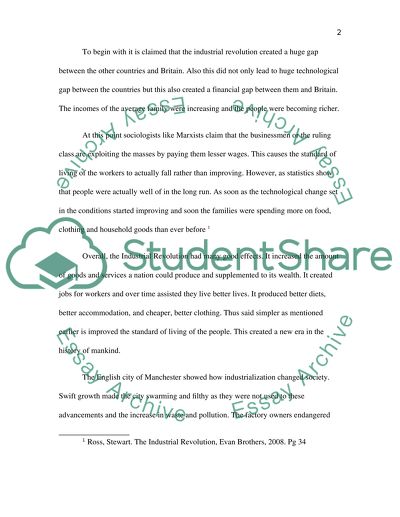Cite this document
(“Positive Effects Of The Industrial Revolution On The Lives Of People Case Study”, n.d.)
Positive Effects Of The Industrial Revolution On The Lives Of People Case Study. Retrieved from https://studentshare.org/macro-microeconomics/1417656-in-a
Positive Effects Of The Industrial Revolution On The Lives Of People Case Study. Retrieved from https://studentshare.org/macro-microeconomics/1417656-in-a
(Positive Effects Of The Industrial Revolution On The Lives Of People Case Study)
Positive Effects Of The Industrial Revolution On The Lives Of People Case Study. https://studentshare.org/macro-microeconomics/1417656-in-a.
Positive Effects Of The Industrial Revolution On The Lives Of People Case Study. https://studentshare.org/macro-microeconomics/1417656-in-a.
“Positive Effects Of The Industrial Revolution On The Lives Of People Case Study”, n.d. https://studentshare.org/macro-microeconomics/1417656-in-a.


